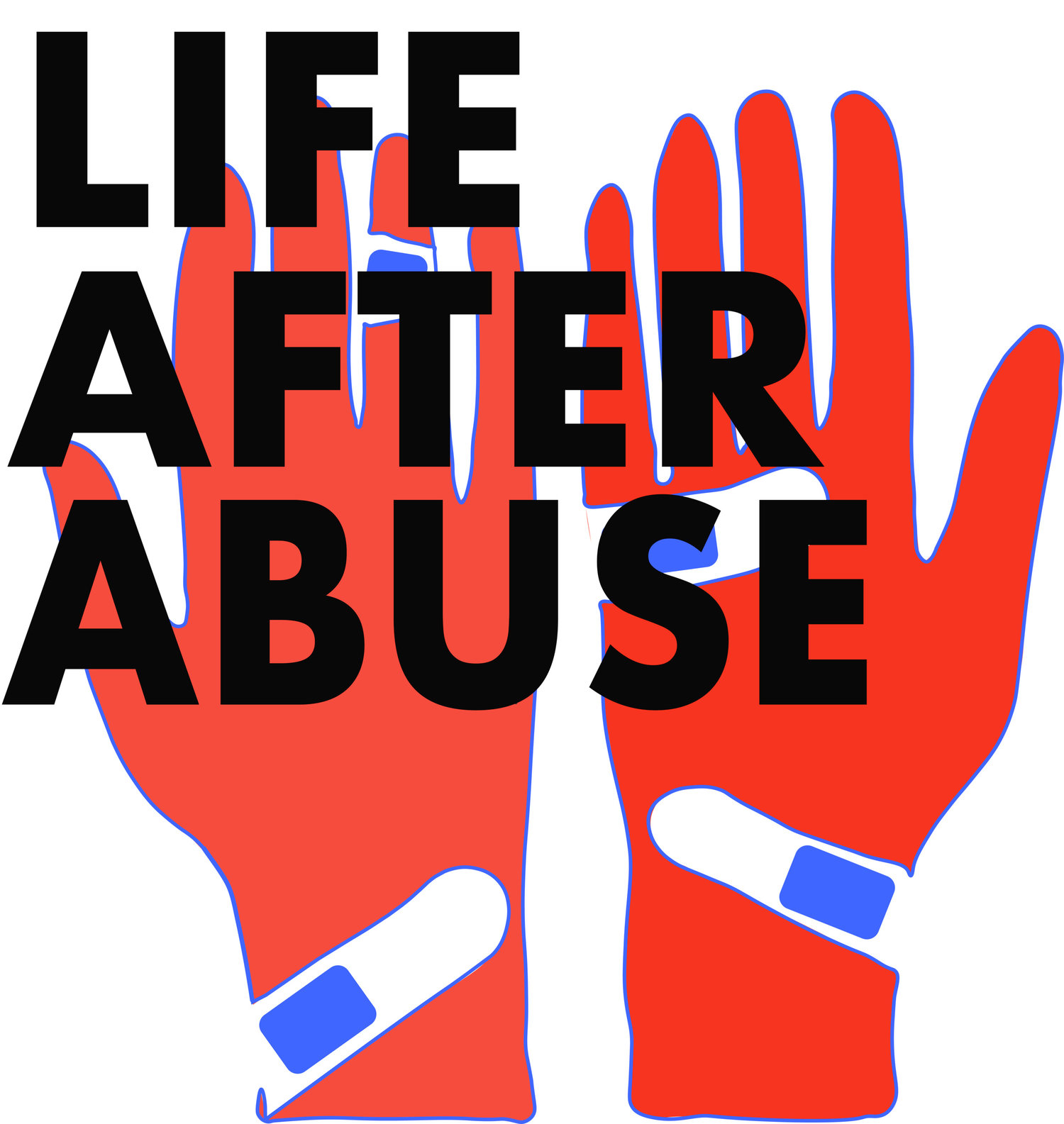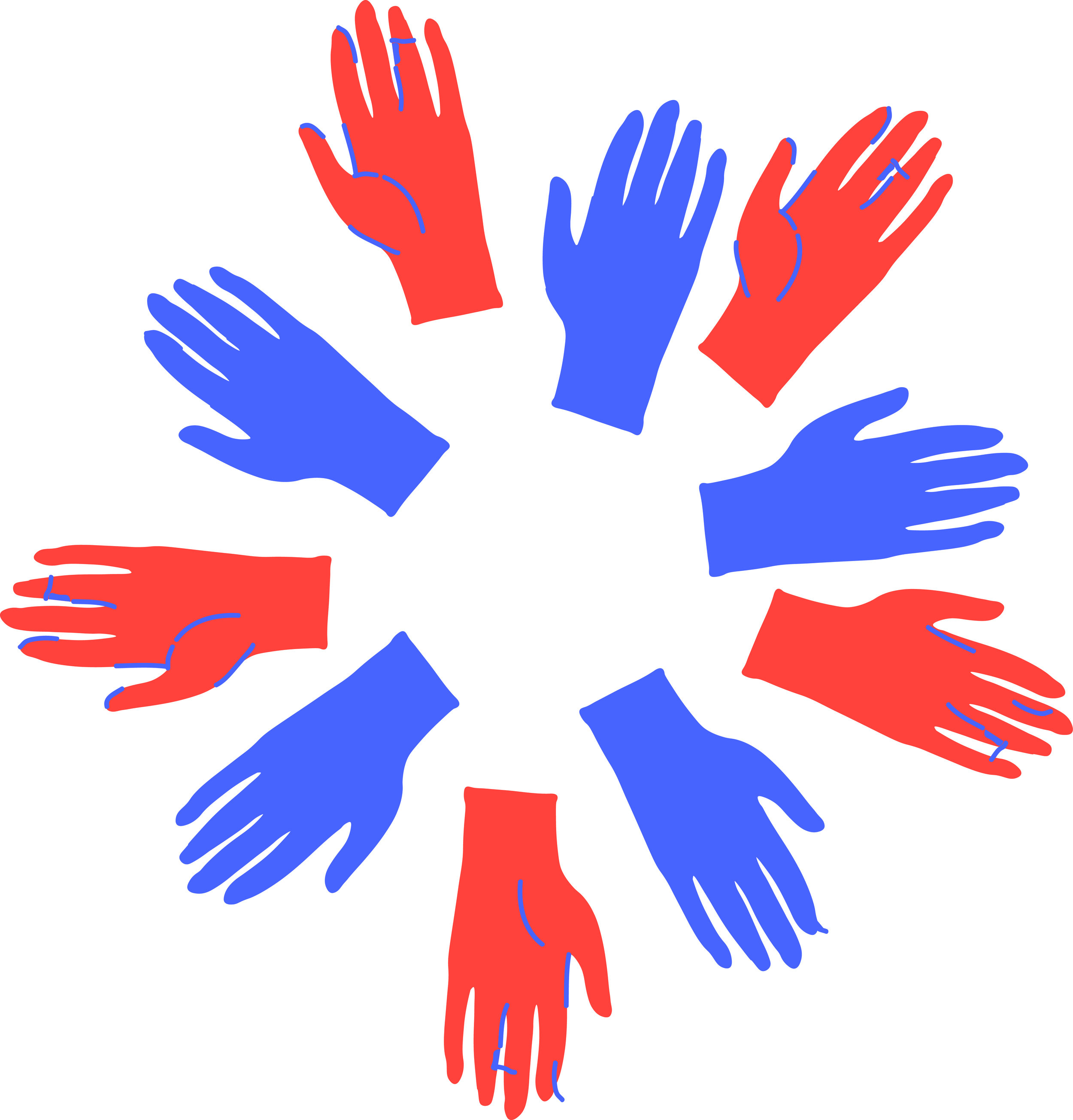Time to Start Preventing Sexual Abuse and Assault
Gender-Based Violence (GBV) is a major health and societal problem. When viewed through this lens, it will naturally force us to devise methods of prevention. To date, we’ve spent a lot of time focused on how to help victims of abuse and assault, and stopped short of an all- out effort to prevent them from becoming victims in the first place. Limiting the focus on prevention suggests that either potential perpetrators cannot have their behavior positively redirected or that girls/women will always be put into the role of “victims”. I’m more hopeful.
I’m also a believer that for a survivor of GBV, a healthy Life After Abuse requires two things from our society. First, we need to minimize the chances that a survivor is re-victimized. Second, we owe it to survivors to try to create a world in which abuse/assault is rare. We can’t get there without GBV prevention.
Our fear of talking about sexual violence prevention appears to be rooted in our concern that it will come off as “Blaming the victim”. Only the most cold-hearted person could think so.
Prevention efforts related to car safety are widespread and tech- enabled. The car will beep every few minutes to remind us if we are not wearing a seatbelt. When faced with a trauma victim of a car accident who wasn’t wearing a seatbelt, we don’t blame or shame them. We help them get better. We provide a range of rehabilitative services. We have empathy.
And —we don’t stop trying to prevent future car crash victims. We redouble our efforts.
I believe that people who would blame the victim in the face of prevention strategies would blame them under any circumstances. For some, their beliefs are rooted in cultural ideas that women are “in charge” of sexual interactions and that men are incapable of controlling their most basic human desires. This is nonsense and we should treat those who hold this view with contempt.
For others, especially women, I think GBV hits too close to home. If we know a woman who is abused or assaulted, then “maybe” that could happen to us. So we distance ourselves from the victim and blame her to protect our sense of security.
In some cases—especially in cultural settings where there is a lot of abusive behavior towards women—SO many women have been abused, and the unexamined “shame” is so deep, that women may project their feelings onto the victim. In this case “She must have done something to deserve this” is a symptom of “I must have done something to deserve this”.
In these contexts, it’s understandable why doing “good” has been defined mostly as helping the victim survive. Unfortunately, we still have an unaccountable perpetrator out there who is now more emboldened than ever to harm another person. We also have potential perpetrators who have seen him get away with something, and who may feel emboldened to commit violence.
So how can we strengthen the prevention discussion?
We need to acknowledge that there is a role for prevention and conduct evidence-based trials to assess strategies.
We need to put more of a societal focus on the resultant societal impact of sexual violence. We know that there is an impact to the victim, but we don’t often hear the statistics around the direct and indirect economic costs of GBV. We don’t talk enough about the immediate family, longer-term social and generational impact of what happens when a woman is abused/assaulted.
We will need to actively engage MEN in the discussion. We can not stop sexual and gender-based violence if our prevention strategies don’t lead to a change in the behavior of male perpetrators. It will also require talking to men who have been perpetrators of abuse and assault. We need to understand the “Why” behind their behavior. I expect that there will be a myriad of reasons why men victimize women and that it will be complicated—as is most human behavior. However, getting to the root causes of why men who commit GBV think that they can take away the personal choices of another human being, is critical to developing successful educational and culturally relevant strategies.
Let’s start treating Sexual Abuse/Assault like the crime and human health issue that it is. Like most crimes and health issues, I strongly believe that it is preventable if we have the societal will to stop it. In future blogs, I’ll share prevention strategies that are proven to work.
Together we can stop Sexual Abuse/Assault.
Be Well.



